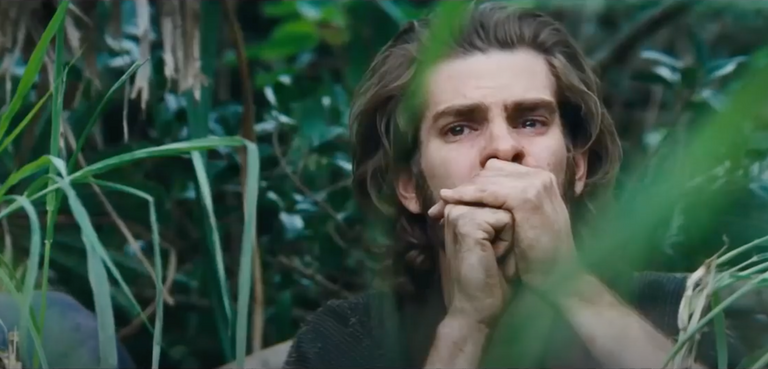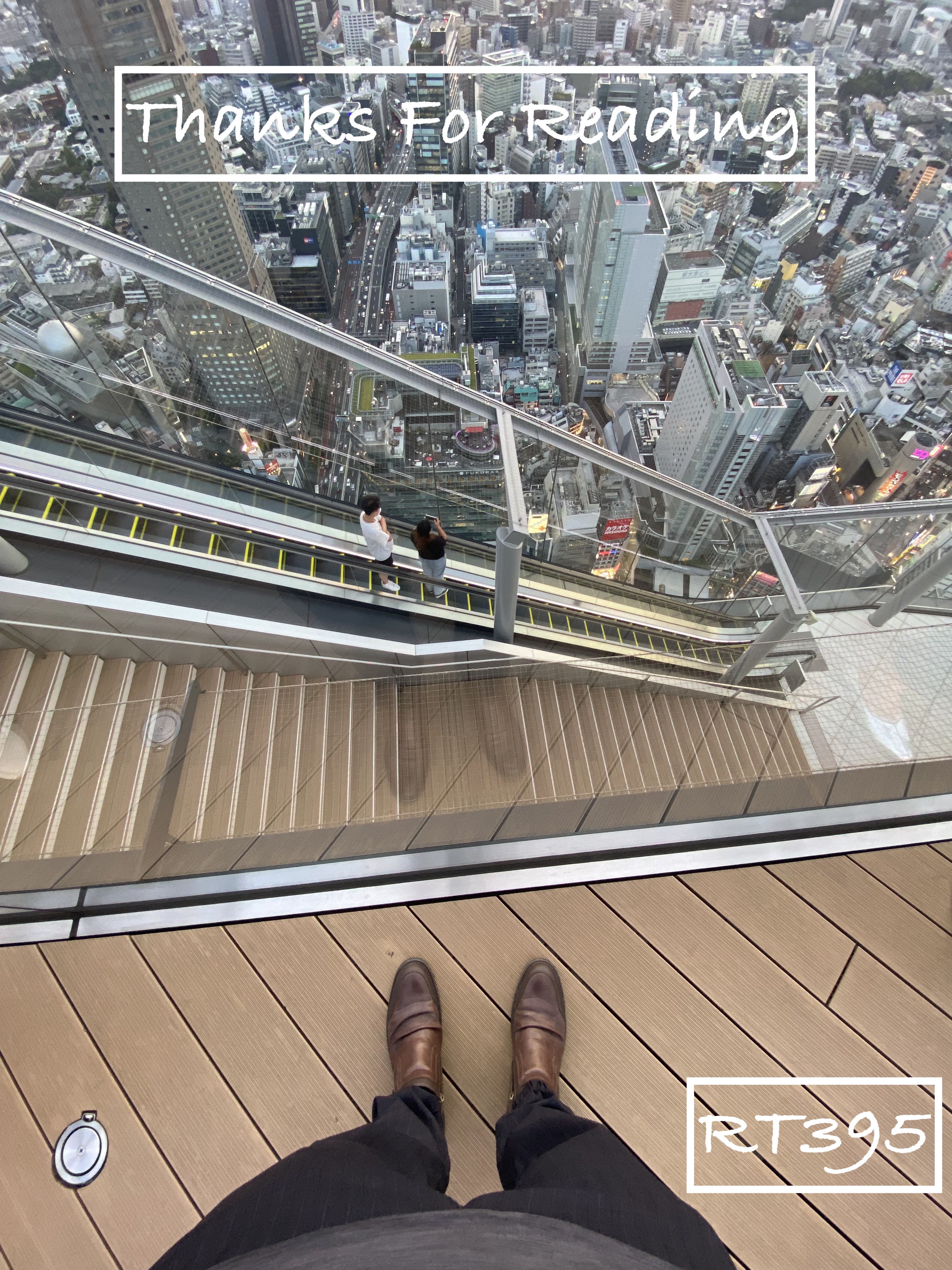Martin Scorsese's "Silence"

(Source - screenshot from trailer)
I re-watched Silence(2016) the other night after not seeing it for several years and have to say it is one of my favorite films. Of course I am biased living in Japan and being a Christian, but come on, it's Scorsese and it's based on the book written by a famous a Japanese author Shusaku Endo.
Before we get into my takes as someone who has been all over Japan and lived there off and on for a long time, here is the trailer.
Something that caught my eye in the trailer, the scene of Father Rodrigues behind a few blades of a plant, the detail of Masters like Scorsese to make sure that was in the shot are what make them Masters. It's a level of art and detail that is prevalent throughout Japanese culture. Scorsese not only paid homage to the writer, Endo, to Christianity, but also to the Japanese people & culture with those details in this film.
A quick summary goes like this, a Portuguese Priest has gone missing in Japan, word reaches Catholic authorities and two of the priest's pupils request permission to go find him. This is during a time when Christianity has been forbidden in Japan, punishable by death. The priests sneak into Japan, serve small Christian communities and encounter the dangers for all Christians that seek them out. It's dramatic, brutal, suspenseful and ultimately up-lifting.
Now, let's get into aspects of the film I liked.
Characters
All of the cast in my opinion were perfect from their selection, to their acting, to the emotions they invoked.
The Inquisitor
I haven't read the book yet, but the depiction of the Inquisitor, Inoue-san, played by actor Issei Ogata, was excellent. He is nerdy, not an overtly brutal man like his underlings, but a Japan pragmatist, a people manager, even likable in his awkwardness in comparison to his underlings.
The funny thing is these stereo typical characters in the film you will find in Japan. They are very authentic, probably because they were written by a Japanese person. I am sure there was a good amount of authenticity consulting going on with the Japanese cast and crew as well.
Father Rodrigues
Rodrigues, played by Andrew Garfield, is based on an actual person, Giuseppe di Chiara, as is Father Ferreira, Cristóvão Ferreira Both were priests who committed apostasy under severe torture by the Tokugawa Shogunate, which makes the story that much more interesting and a topic I find myself now very interested in learning more about.
I am sure many of you will see yourself in Rodrigues as I did, faithful, diligent, caring, fallen, searching for betterment, etc. His journey is one of purpose, tragedy, but hope. Without giving too much away, I honestly think he does everything right in the story, his path is the only logical outcome to me as long as he truly did not give up in his heart.
Cinematography
We wouldn't expect much less from a Master like Scorsese. One thing I did notice though, much of the scenery was either overcast or dark. What strikes me is the sun is bright and brutally hot in Japan. I expected to see more of that in the movie, but it wasn't included as much as it is in real, day to day life. I'm sure this was done on purpose.
Epic Scenes
While there are many powerful, painful & moving scenes in this movie, this conversation Rodrigues has with Jesus, the first time we hear Jesus's voice, blew me away.
The context is Rodrigues has been tortured for months, seen many fellow Christians executed and finally, as five other Christians are hung upside down to slowly bleed to death, he breaks. As I understand it he is following in Jesus's footsteps, giving up himself to save others.
Of course another powerful and incredibly filmed scene is the 3 Christian leaders being crucified and drowned in the Ocean. Brutal, but imagine being the actors for this scene!
There are many other scenes that are beautiful & painful to view, but you'll have to watch the movie as I am done sharing sneak peeks in this post.
Real Life Observations
Some cultural thoughts. I still remember one of my earliest visits to my wife's hometown way up in Northern Japan seeing キリストwritten on the sides of homes & businesses in the middle of the countryside. That along with a mock up of Christians worshiping inside of the large Mitsubishi owned, Osarizawa mine surprised me. At that time I had strayed from Christianity and considered myself agnostic. It was powerful to see and I had no idea how prevalent Christianity was in Japan.
Now, when I am traveling around Japan I take pictures of and try to visit the churches I find in various cities. While Catholicism seems to be strong in Tokyo & Osaka, Russian Orthodox appears to be strong in the North.
Another note, Buddhism is not native to Japan. It was also spread by traveling priests beginning in the 500's. It was also persecuted, although much later, during the Meji-jidai 1868-1931 by separating it from Japan's native Shinto religion. Despite this, Buddhism is still as prevalent as Shinto although not as important.
Final Thoughts
In closing, I only briefly touched on the depths of this film. Silence is now in my top 5 movies along with The Matrix, Solaris, Lord Of The Rings(Trilogy) and Blade Runner. It's visually stunning and takes you on a torturous journey of faith. Even If you aren't Christian, this thought provoking film might be for you.

Yay! 🤗
Your content has been boosted with Ecency Points, by @rt395.
Use Ecency daily to boost your growth on platform!
Support Ecency
Vote for new Proposal
Delegate HP and earn more